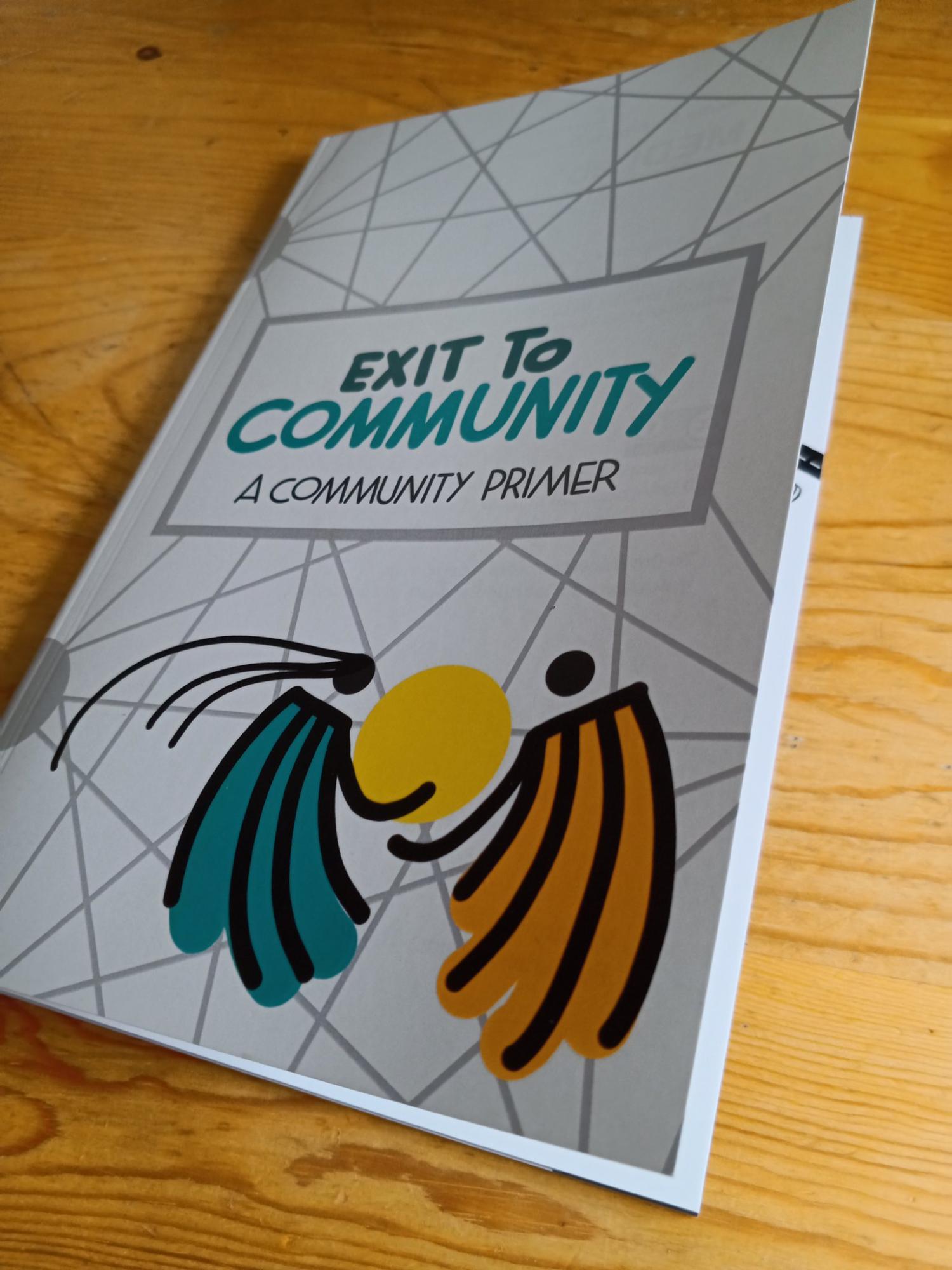Exit to Community: A Community Primer

What is a startup for? Who are startups for?
The usual answers begin sounding strange the more you think about them. A startup is kind of like a child, some say. Founders pour themselves and their resources and energy into the thing—but then, unlike a child, they sell it off to the highest bidders. A lot of founders would love to change the world for the better, right? But the usual endgame—the "exit"—for a successful startup is how many of their creations end up getting bought by bigger, old-world companies or going public on the grand-old establishmentarian casino, the stock market. Why do we even bother?
Exit to Community (E2C) is a strategy in the making. It's a different kind of story, one that connects the founders, workers, users, investors, activists, and friends who have been trying to feel their way toward a better kind of startup. Its endgame is to be a long-term asset for its community, co-owned and co-governed by those who give it life.
We wrote this because we want to make E2C easier, and we hope you'll join us, because we need your help. Here, we've tried to put together some ideas and examples of what E2C could mean, based on what is out there and what is in our hearts. But little of this will really work unless a whole lot of us team up to fill in the blanks.
What others are saying
- "We need new stories & potential paths and this is one I am excited about."—Sarah Drinkwater, Omidyar Network
- "Community ownership and governance of technology platforms is a big part of the movement towards a more humane future."—Tristan Harris, Center for Humane Technology
- "The optimal governance structure for early-stage projects is founder dictatorship. The optimal governance structure for mature projects has large user/stakeholder involvement. 'Exit to community' continues to be underrated as a way to get both."—Vitalik Buterin, Ethereum Foundation
- "a potential blueprint for how to prioritize sustainability and profitability while exploring alternative financing models for startups"—Cherie Hu, Water and Music
- "[E2C] explores ways to help startups transition investor-owned to community ownership, which could include users, customers, workers or some combination of all stakeholders."—Megan Rose Dickey, "There’s a growing movement where startup founders look to exit to community," TechCrunch (August 31, 2020)

